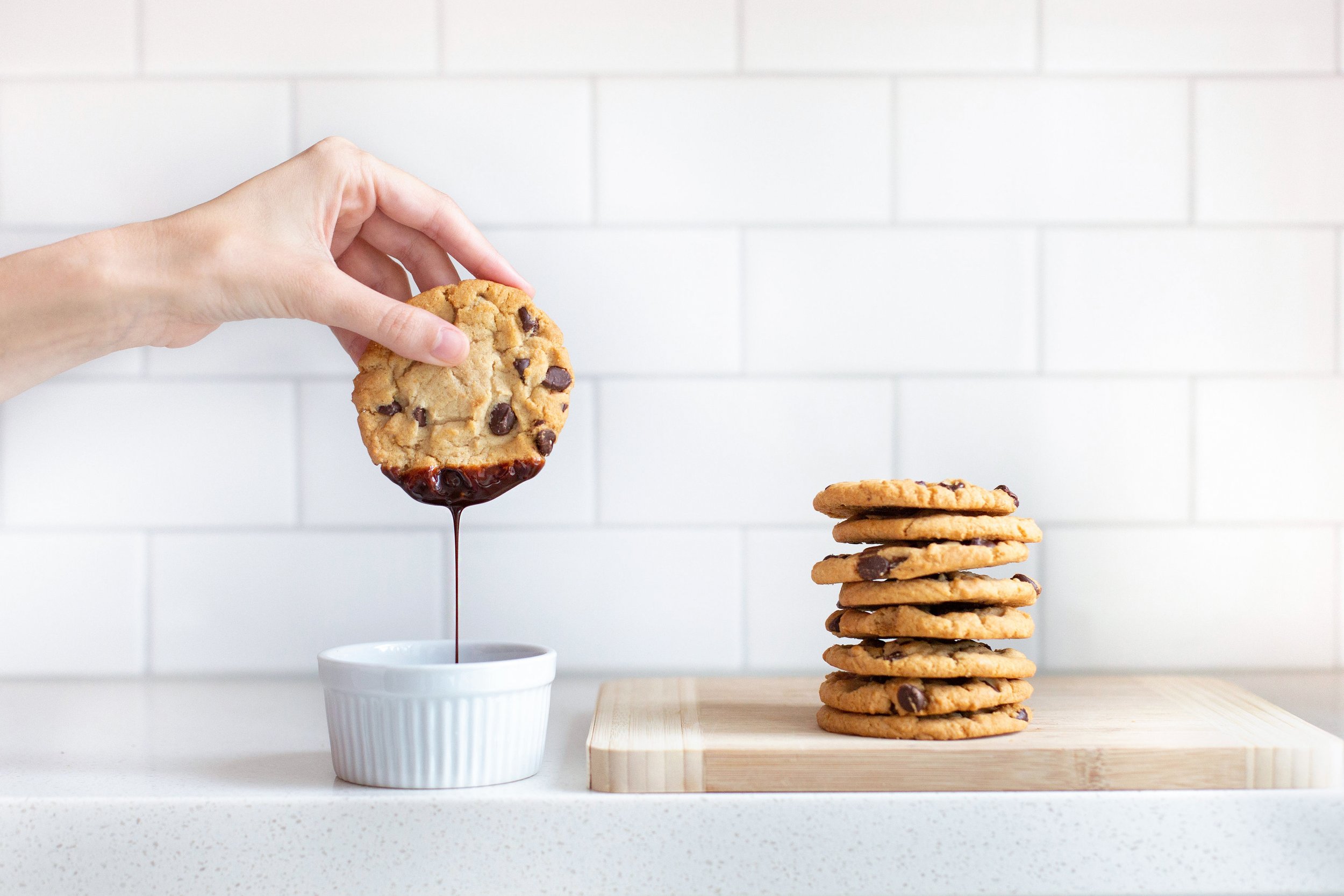Another diet? What if you healed your relationship with food instead? This week we hand over the blog to expert Briana McAteer who works with individuals to heal their relationship with food and eating habits.
For some of you, another new year means another new diet. Maybe this diet will solve your problem with food! What if, instead of a new diet, this year you actually healedyour relationship with food?
Have you ever considered that maybe food isn’t the problem? Consider, the more we obsess, stress over and scrutinise about what we’re eating, the more we miss the point.
So what’s the point we’re missing? The reason we find it difficult to follow the diet, or stop snacking between meals, or say ‘no’ to food when we’re not hungry, is not because we haven’t found the best, most sustainable diet yet, it’s because of how we relate to food.
Our relationship with food is determined by how we behavetowards food. Changing our meal plan won’t change our behaviour. Your behaviour towards food and therefore your relationship with food, changes when you understand what you’re using food for.
If following diets and meal plans didn’t work for your mother in the 1970s or ‘80s and it hasn’t worked for you in the ‘90s, ‘00s or ‘10s, why on God’s earth do we think it will work now in the 2020s?!?
What I want you to know is– and really take a minute to hear this – not sticking to a diet doesn’t mean ANYTHING ABOUT YOU! A number of “failed” diets in your past doesn’t mean anything about how competent you are or how worthy you are, nor does it say anything about what’s possible for you.
Diets haven’t worked because we have been focusing on whatwe eat or when we eat, rather than why we eat. We’ve been conditioned to believe if we eat different food and follow the newest diet plan life will be better. But we KNOW what to eat. We know eating more vegetables is good for us and eating a bucket of ice-cream – not great.
We don’t need to be told what to eat. We need to understand why we feel controlled by food. We all know how horrible it feels to commit to no snacks after dinner, only to find yourselfelbow-deep in ice-cream…again!
Instead of tracking, weighing, and counting food, we need to understand why we overeat when we’re tired or our kids are screaming. When the “Why” goes unquestioned, it runs the show. It’s subconscious. One minute you are a sane woman dutifully sticking to her diet, and the next minute you’re hiding the evidence of how much you’ve eaten. Seriously, how did that happen? Now you feel horrible. You say horrible things about yourself and believe something is very wrong with you.
THERE IS NOTHING WRONG WITH YOU. YOU’RE NOT BROKEN. YOU DON’T NEED FIXED.
It makes complete sense you would over eat ice-cream. Everything is working perfectly when you zone out eating Ben and Jerry’s. If you’re searching the cupboard every 20 minutes, you’re doing exactly what your brain is designed to do. Your brain has created the habit of using food to solve the feeling of uncomfortable emotions. Given the way the brain works – this makes TOTAL SENSE. Emotions can be painful and the brain is designed to avoid pain. Food is pleasurable. So instead of feeling negative emotions we eat.
Nothing has gone wrong; it just doesn’t serve us now. Until we learn to rewire the habit and process our emotions without turning to food, trying to change what’s on your plate (or bowl) will continue to be an infuriating and desperate merry-go-round.
A habit consists of: A trigger, a behaviour, and a reward. The trigger is an emotion, which is caused by a THOUGHT. The behaviour is eating ice cream. The reward is dopamine.
For example:
Trigger (an emotion caused by a thought): Thought-- I hate the way my boss spoke to me today. Emotion-- Unappreciated. Resentful.
Behaviour: Eating lots of ice cream
Reward: Dopamine (FYI: dopamine is a great way to cover up crappy feelings)
To identify your triggers, the next time you overeat, ask yourself these questions:
1. What was going on? (events/ circumstances)
2. What was I thinking about what was going on? (write down all of your thoughts)
3. When I believed those thoughts, how did I feel? (use a 1-word emotion)
The answer to those questions is the answer to your question, “Why do I feel so out of control around ice-cream?” When you’re triggered, your brain’s main priority is to avoid feeling pain by seeking the pleasure food creates. That’s why these cravings feel so urgent. But eating ice cream is only a temporary plaster. When the bowl is empty the emotion and the problem still exist.
To finally sustain the behaviour you want around food, you must learn to process emotions effectively so you don’t needto turn to food. Habitually processing your emotions, instead of mindlessly eating, will eventually rewire your brain and create a new habit so that food is no longer a problem.
Then you will have healed your relationship with food.
To learn how to process your emotions effectively, ditch the diet and start the process of healing your relationship with food, book your free consultation briana_mcateer@hotmail.com



